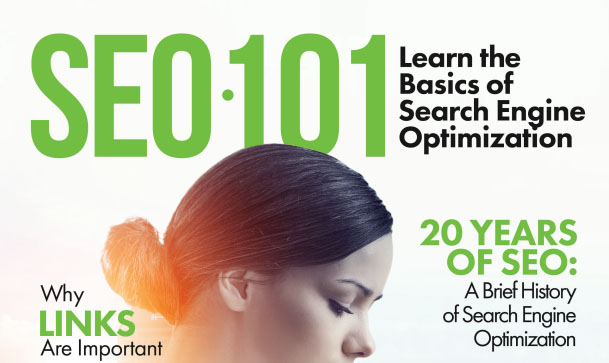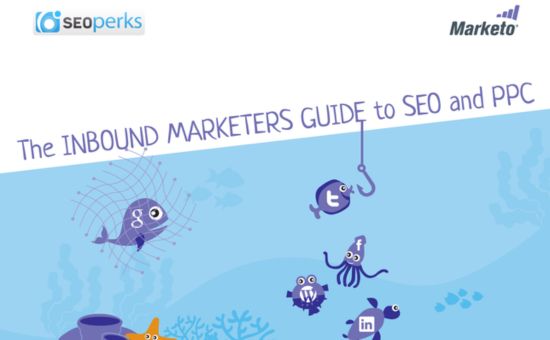How Do I Rank Higher In Search Engines? | Vital
Search Engine Optimization
SEO is an essential part of any website owner or digital marketer’s work. There’s a lot of details about how to rank higher in search engines.
You may be wondering why your website needs to rank high. This is the data age, and customers conduct online research before ordering any product/service.
And for sure, if your website appears among the first few links, then the chances are good that customers will click your link and eventually order from you more often. But there are probably thousands of various ranking factors and we can’t pretend to know all of them.
Luckily, you have now the Vital’s guide answers all your questions about improving your rank in search engines.
The Table of Content of “How to Rank Higher in Search Engines” eBook:
- How does Google search work?
- What ranking factors does Google consider?
- What’s the most used search engine? Google vs. Bing vs. Yahoo?
- How long does it take Google to index my new website/article/post?
- What is the difference between indexed and crawling?
- Do keywords matter?
- How many times should I use a keyword?
- What is keyword stuffing?
- Does my domain name (URL) matter?
- What are backlinks and do they matter?
- What are meta descriptions and do they still matter?
- Does having a mobile-friendly website matter?
- What is the robots.txt file?
- What is the sitemap.xml file?
- Why do you need to add alt text to your images?
- Subfolders vs. Subdomain: What’s better for SEO?
- Does social media impact search engine rankings?
- Does “fresh content” matter?
- What is duplicate content?
- What will get my website penalized?
- What’s a manual penalty?
- What’s the deal with the Panda algorithm update?
- What’s the deal with the Penguin algorithm update?
- What is Google’s Knowledge Graph?
- What are Google’s Answer Boxes?
- Okay, so how do I rank higher in search engine rankings?
- Sources
Number of Pages:
- 34 Pages
Pricing:
- Free

Vital Design
Vital is a creative agency made up of smart, creative, and passionate people providing website design, website development, graphic design, branding, and inbound marketing. Their team is ready to work with you to create a marketing solution that fits your needs, vision and budget. They’re driven by their passion for creating websites and marketing pieces that get results (and look darn good doing it).






